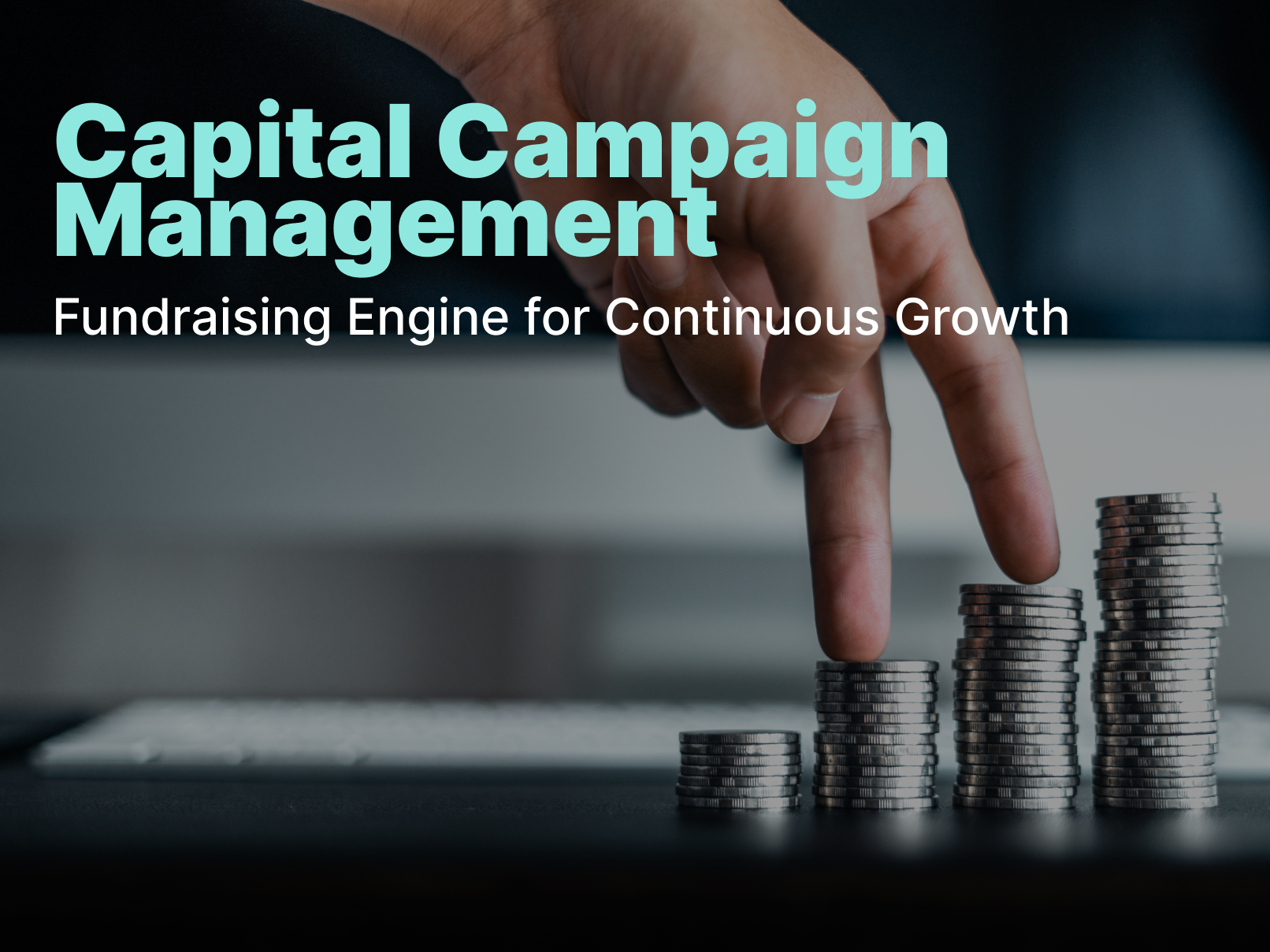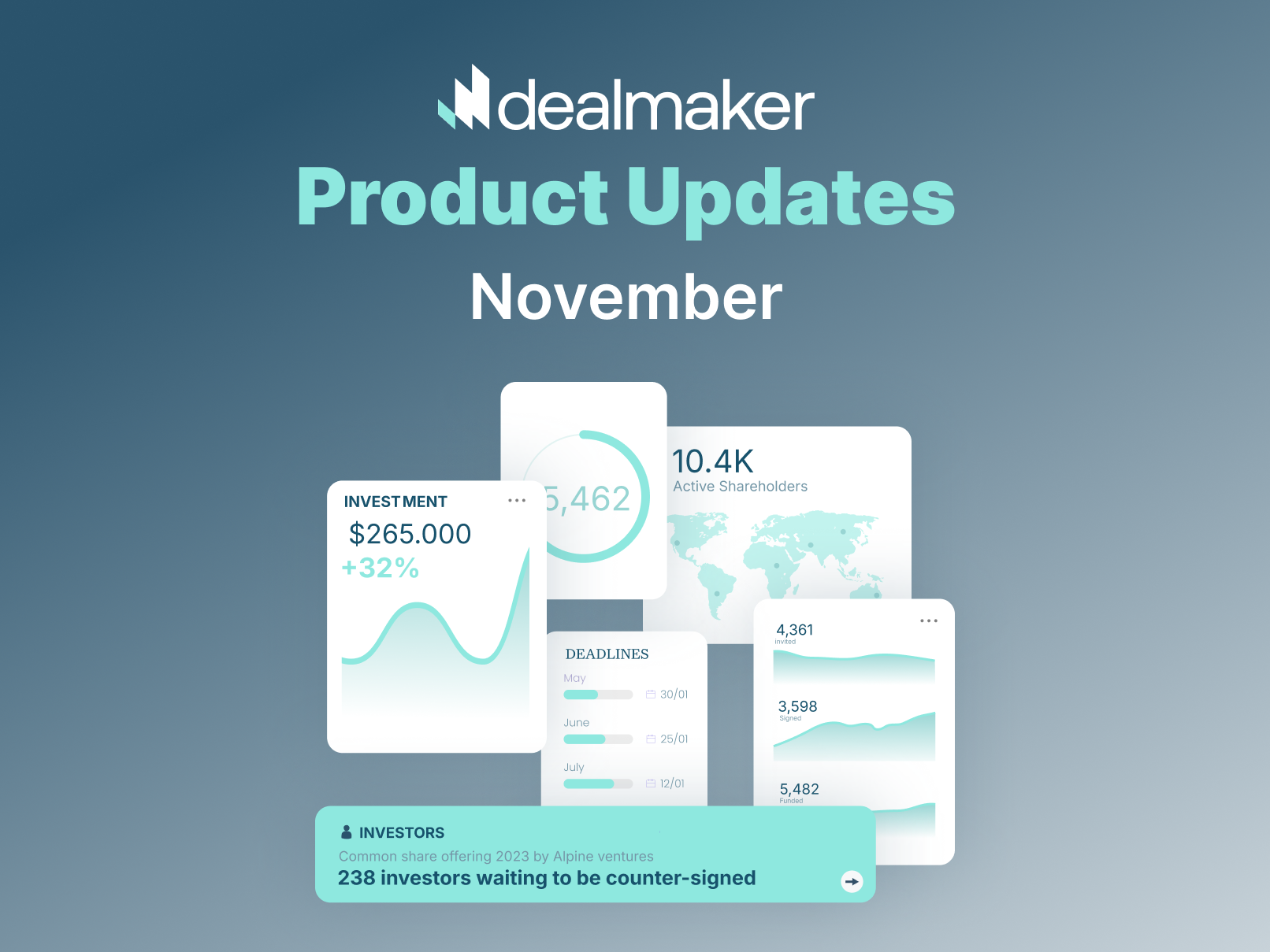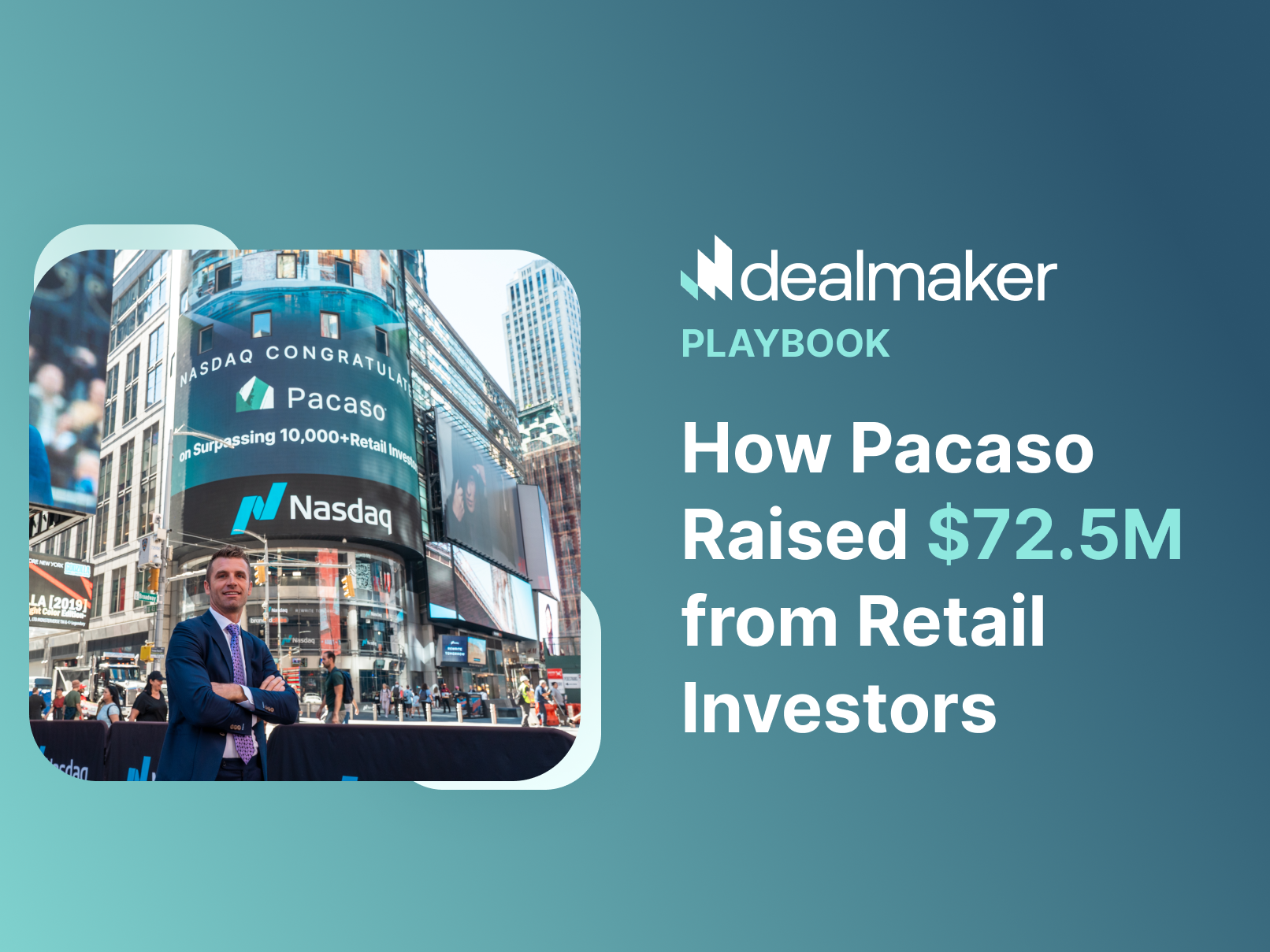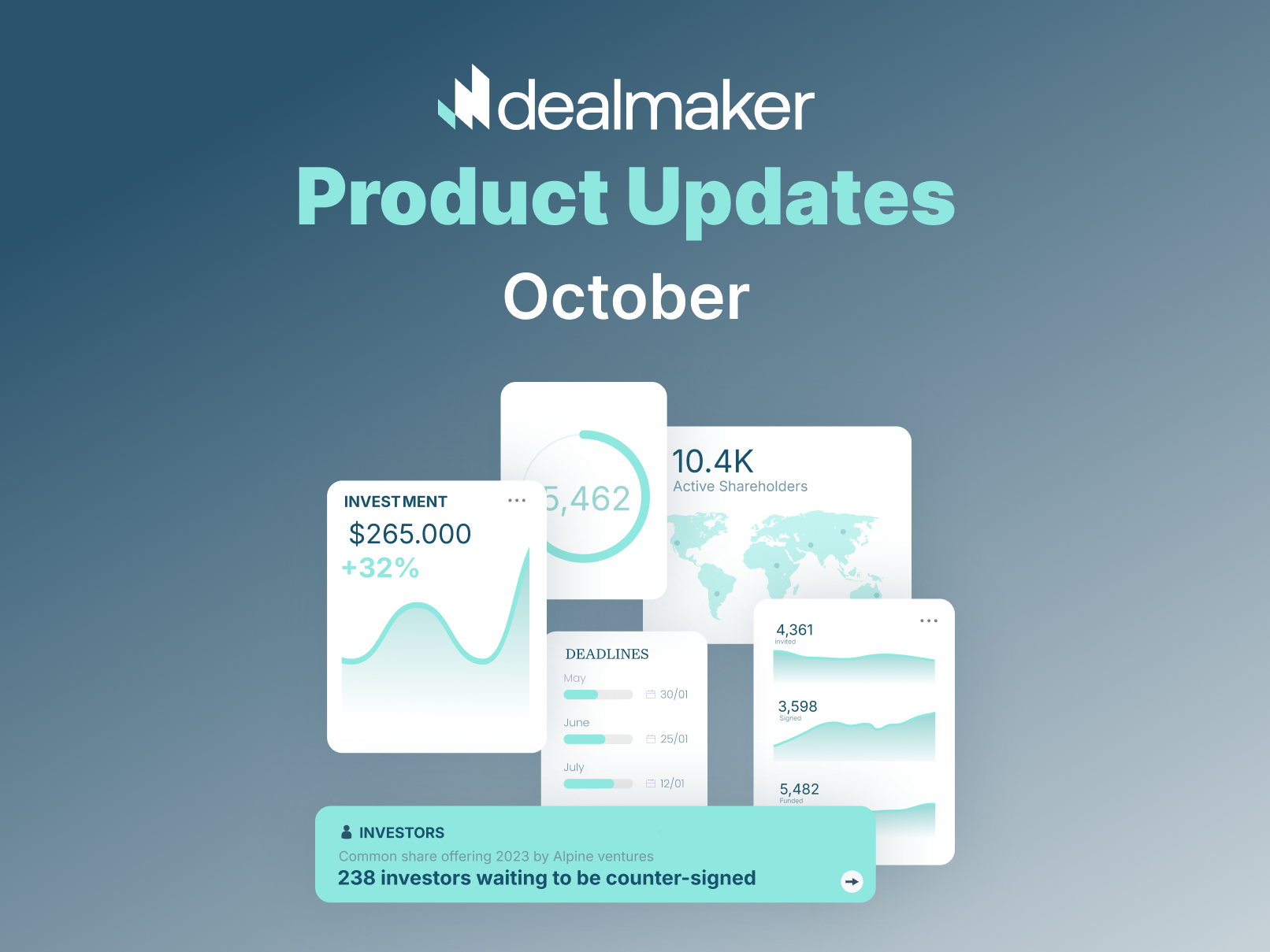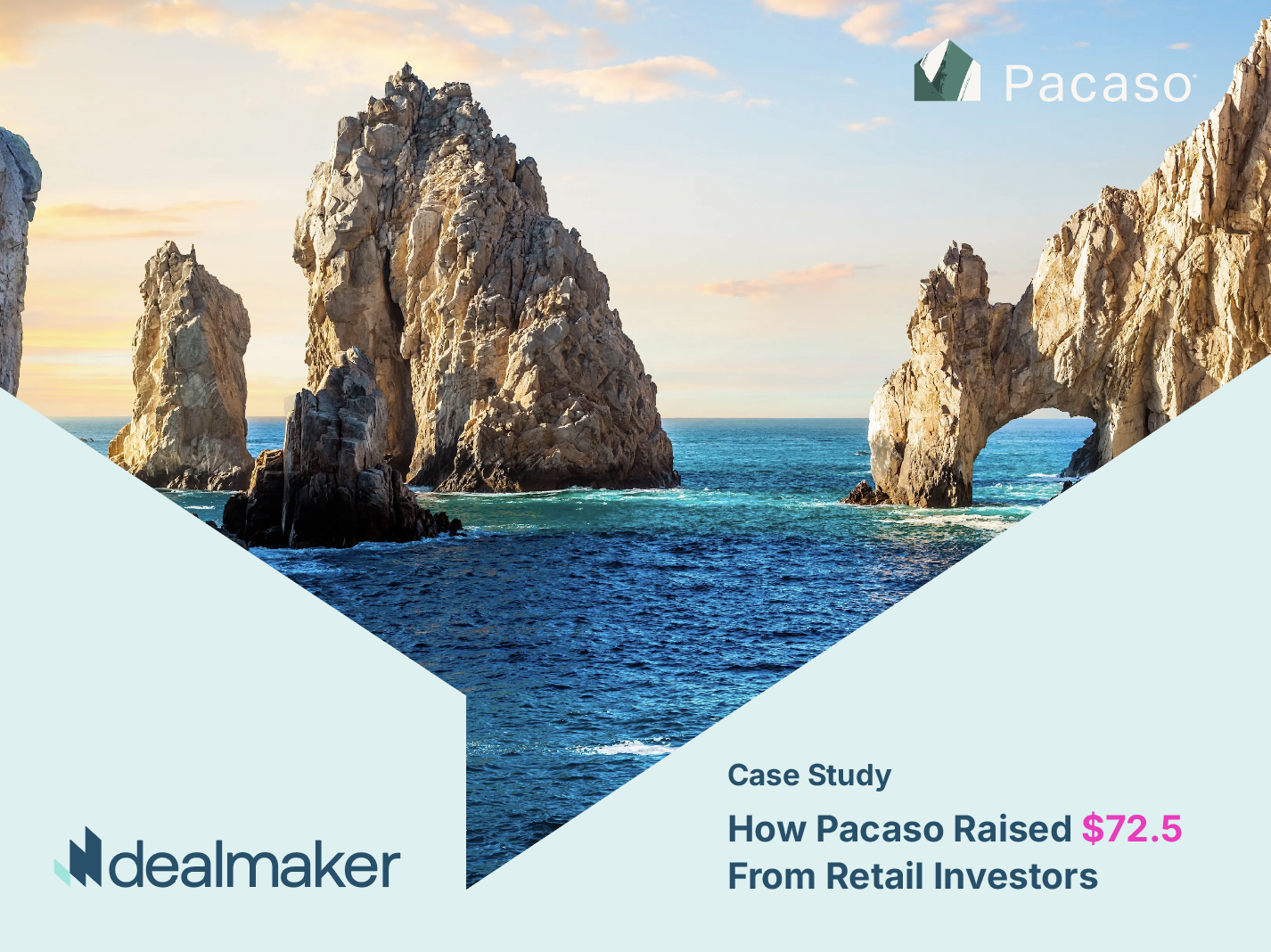Raise Capital
March 22, 2023
Women’s History Month: Celebrating Women Innovators
Equity crowdfunding is leveling the playing field like nothing else—and in North America, women are driving its mission forward.
By allowing retail investors (i.e. the general public) to invest in startups and small businesses, equity crowdfunding (ECF) gives greater access, both for investors and for women and minority founders seeking capital. To prove this point, the KingsCrowd Market Intelligence Report found that in 2022 female founders represented 27% of all equity crowdfunding financing rounds (minority founders represented 44.5%). By comparison, traditional venture capital statistics showed female founders receiving only 1.9% of total investments, with minority founders receiving just 2.6%.
ECF is already moving the dial on a more equitable funding split—and this month, we want to celebrate the women who are truly blazing a trail to ensure innovation continues, female founders get funded, and women continue to lead and set the standards in the space.
Here are just three.
Ruth Hedges
Founder, CEO of Rise Up Crowdfunding
During the 2008 recession, Ruth says she was motivated by a belief that “the general population had a right to be early-stage investors as much as accredited investors do.” Ruth was unimpressed, to say the least, that only a handful of high-net worth individuals had access to these wealth-building opportunities. The general public was left out, creating a vacuum of capital that exacerbated the recession. Still, she and her colleagues knew that it would take an act of Congress to convince the government.
Ruth’s passion was to change the laws that were so antiquated and prejudicial against the general public. The rules assumed that the public couldn’t understand risk and invest intelligently. And living in Las Vegas, she witnessed firsthand the hypocrisy of these rules—where any adult could walk into a casino and put their life savings on a roulette table, but only high-net worth individuals got to invest in startups.
“We realized that we would have to go to Congress to change this, and we started writing was was originally called The Startup Exemption.That was the first draft of what became Title III(4)(a)(6) in the JOBS Act, which was signed into law by President Obama on April 5th, 2012.”
Ruth was one of the pioneers of the law and helped pass it through Congress, and was honored with an invitation to the White House for its Crowdfunding Champions of Change event.
Ten years later, we have a whole industry focused on helping founders get the funding they need to innovate, disrupt, and scale. Specific exemptions to the rules have been outlined to make it easier for early-stage entrepreneurs to fund their ideas and companies - all while also allowing the general public to choose what innovation they want to back.
After the incredible success of the JOBS Act getting passed, Ruth focused on educating the public and founders alike on this new and fantastic opportunity that no one really knew about (or understood, for that matter).
“I produced and ran the Global Crowdfunding Convention in Las Vegas for 6 years. It did a lot to educate organizations, institutions, and professional service providers to take advantage of Regulation Crowdfunding—but it showed me that we needed to do much more to help women and minorities, and veterans, and LGBTQ, and all diverse people who are left out of every other form of funding.
There is this lie that has been told repeatedly to almost every startup that if you build it, they will come. If you create this pitch deck, build this website, and acquire some customers, VCs and angel investors will fund you. And that’s the farthest thing from the truth. Less than three percent of women and minorities get funding, and in 2022, I think it was less than two percent. And it’s at the peril of so much innovation and potential that just never gets considered because of these gatekeepers.”
Ruth’s vision for Rise Up Crowdfunding is straightforward: “Our goal is to empower everyone to invest in diverse-owned small businesses and the future they believe in,” she says. Connecting investors to startups that align with their values is a key objective—allowing everyday investors to make an impact and seize the opportunity to ‘get in early.’
Rebecca Kacaba
Co-Founder, CEO of DealMaker
Rebecca Kacaba is a trailblazing CEO and co-founder of a startup at the intersection of two traditionally male-dominated industries: technology and the capital markets. Kacaba’s unceasing ambition to drive change and innovation led her to co-found DealMaker in 2018 alongside Mat Goldstein. DealMaker is disrupting the private equity markets and democratizing access to capital for both founders and investors. In just four years, it has become the fastest-growing tech company, and the third fastest-growing company, in Canada.
Before DealMaker, Kacaba practiced law in Toronto for over a decade, founding emerging growth groups and being recognized as one of North America’s most innovative lawyers. It is no surprise then, with such a pedigree in helping entrepreneurs over the years, she would continue to do so with a FinTech company of her own. As a female founder of Ukrainian descent, she is passionate about expanding funding options to traditionally underrepresented and overlooked entrepreneurs.
“While I spent years helping entrepreneurs raise capital the traditional way, it was clear to me that the process was antiquated and in some cases, biased. When the JOBS Act finally got signed,” Rebecca says, “I knew that technology would usher in a disruptive force that would democratize not only access to capital for those underrepresented, but also allow not just high-net worth individuals invest in startups they believe in. Now, anyone could get in early to a startup.”
For Kacaba, diversity and representation are more than simply checking the boxes. For her, it is about authenticity and ensuring everyone feels motivated and engaged in their environment. She further contributes with ongoing mentorship opportunities and through speaking engagements such as the Women's Inclusion Network and Lazaridis Scale-Up. She prioritizes partnerships with VCs and incubators that demonstrate a similar mandate of inclusion—like Rise Up Crowdfunding and Renew VC (to name just two of many).
“It’s trailblazers like Ruth Hedges that lobbied the government ceaselessly to allow for innovation and change in the space—which is no easy feat,” Kacaba says. “And the fact that DealMaker’s tech supports female founders, like Ming from PROVEN skincare, inspires me so much to move the needle even more. I’m determined to have 50% of startup funding going to female and POC founders in my lifetime.”
It hasn’t been easy, as many founders will attest; there are more people out there who will discourage you than encourage you. Kacaba’s journey was no different. “You can imagine the shock and horror some people had when I told them I was leaving a stable legal profession to start up my own tech company,” she says, while laughing at the memory. “So many people asked me what I knew about tech. Did I know how hard it was? Over and over, people doubted me. I ignored it all. You have to. There’s one person and one person only you need to believe in to make your dream a reality: that’s yourself.”
Kacaba quit a lucrative legal career to build a company that would innovate the capital markets in much the same way that ecommerce innovated consumer shopping behavior Her vision was to build a global capital market—and she knew she would need a solid understanding of both Canadian and US securities laws, and a co-founder who knew the opportunity all too well.
A colleague and respected lawyer as well, Mat Goldstein’s illustrious career and depth of knowledge was a great match to launch DealMaker. Rebecca continues, “We knew what to build and where all of the toughest hurdles were in the space, and how technology could remove them. We’ve spent three years building our platform based on our customers’ needs and wants, while balancing compliance and regulations. And we are going to continue to build and innovate; there’s still so much opportunity to create a single, global capital market.”
Rebecca Kacaba is recipient of Canada’s Most Powerful Women: Top 100 award in the BMO Entrepreneurs category. It is an award that aligns well with the work she is undertaking. “It shows girls and women that being unapologetic about what they want delivers results,” she says.
Genevieve Roch-Decter
CEO of Grit Capital
Genevieve Roch-Decter started her career as a money manager, trader, and analyst. She was a portfolio manager in a family firm and earned her CFA designation, and at her peak was managing about $100M in different fund products. Through that experience, she built a deep understanding of how the financial system works, how to track industry trends, and solid investing strategies - especially on the high-risk end things. She was especially interested in high-risk, high-reward opportunities, and ultimately decided to pursue a career tha allowed her to focus on them.
“At some point, I felt like I had outgrown the ambitions of the firm,” Genevieve says, “and I was really drawn to these microcap, small cap companies. So I started to do a bit of consulting.”
Consulting turned into a full-fledged business called Grit. It started out as an investor relations firm, connecting small cap companies to capital and investors via roadshows and conferences. The idea was that these innovative companies weren’t looking for very conservative, institutional relationships - they wanted unconventional and modern ways to connect with investors. Grit’s events all over the world put unique small cap companies in front of money managers looking for something outside of the box.
“We ran eSports events, gaming tournaments - it was really flipping the entire model on its head,” Says Genevieve, “and we were really successful at that for about three years - and then COVID hit.”
Genevieve quickly realized that Grit's business model -which involved flying all over the world for in-person roadshows, conferences, and events - was now off the table. Knowing it could be months or years before they could get back on the road, she decided to pivot quickly.
“I tried to start a couple of different businesses, but as I was going through finalizing those plans - I realized - if it wasn’t my passion, I know building it wouldn’t work. You have to be so obsessed about your business, when no one is looking, you are still hustling. That can only happen if you are truly obsessed.”
This ‘aha’ moment is what really set in motion the pivot from an investor roadshow to a media company.
“I’m obsessed with finance - I follow it, want to comment on it… so I decided to write a newsletter.” Grit Capital became a newsletter with Roch-Decter the sole writer - which meant she had complete editorial freedom. She covered the news she wanted to, profiled the companies she herself was investing in, and wrote in her own voice.
“It’s an edgy format,” she admits, “and all of a sudden, I was getting hundreds of people subscribing, so I knew that I had hit some sort of interest point with people.”
In just two and a half years, Genevieve has built a following. GRIT is now one of the fastest growing finanical medai platforms with over a million followers, 250,000+ newsletter subscribers, thousands of whom pay for premium content.
"We raised capital in 2021, backed by 52 investors," Genevieve says, "and have advisors which include former Goldman Sachs executives and a founder of a $200+ million revenue eSports company. Our mission statement is to entertain, educate, and empower. I want to democratize Wall Street Insights that are protected by the 1% and make them available to the other 99%.”
It was a difficult journey - to reinvent a business from the ground up due to COVID. GRIT is a great name for the newsletter, but also something clearly required to succeed. “It’s a cliche thing to say, but you have to push yourself out of your comfort zone. My motto is ‘Fail often, fail fast, and fail forward’. You can’t be afraid to make mistakes, it’s way worse to not try at all.”

Your submission has been received. We will reach out to you via email to schedule a call.
Oops! Something went wrong while submitting the form.



.jpg)
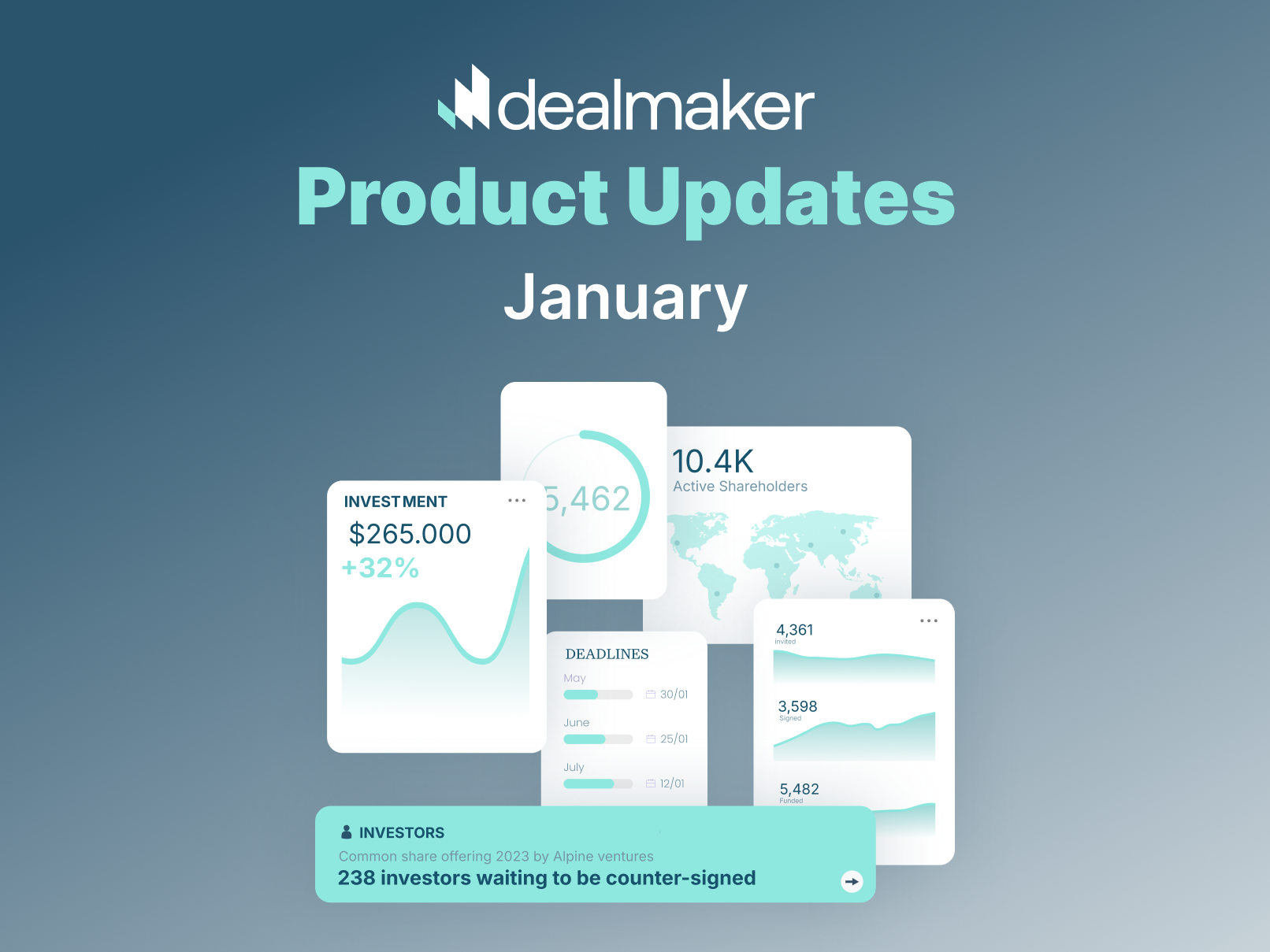
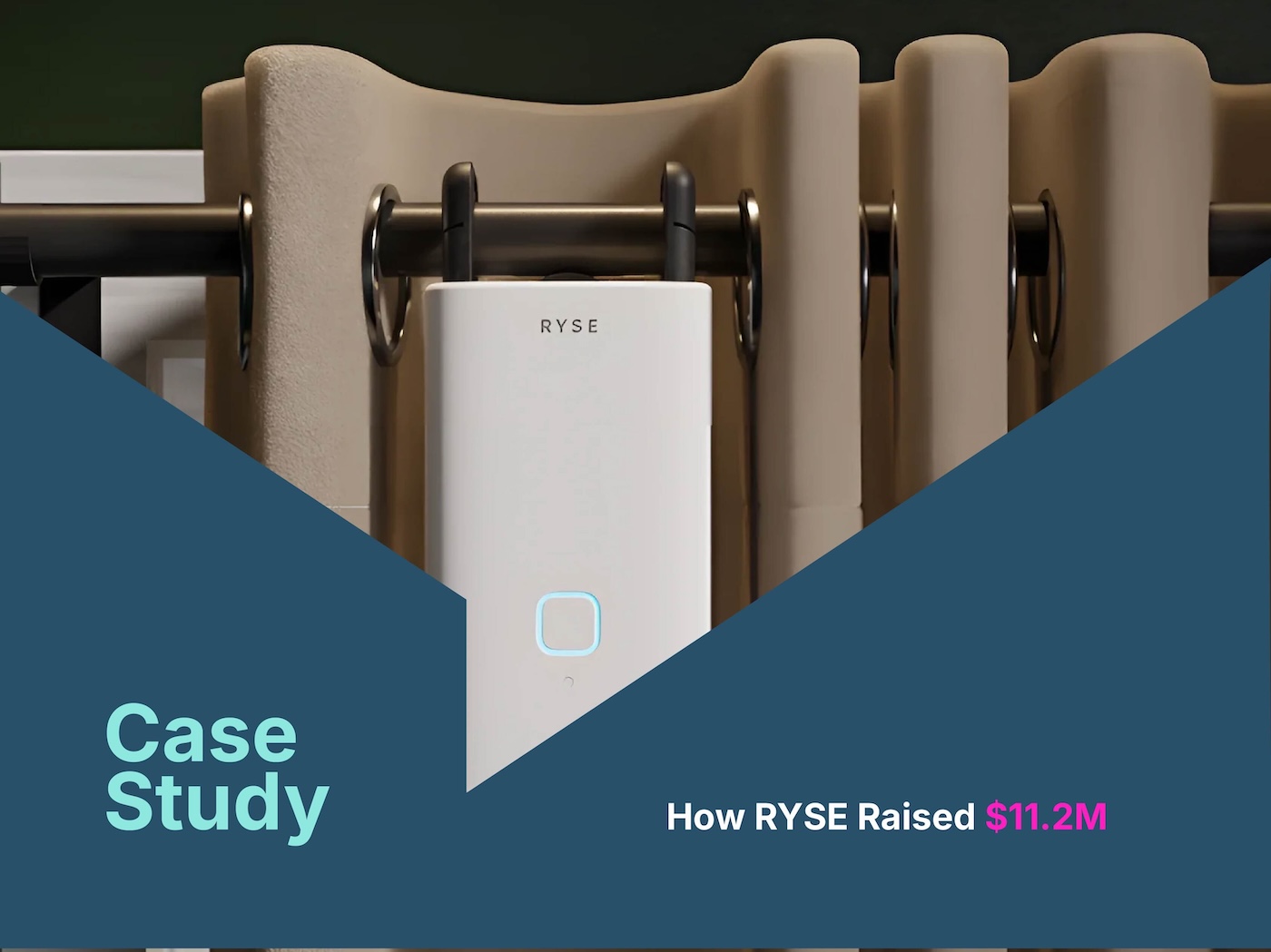

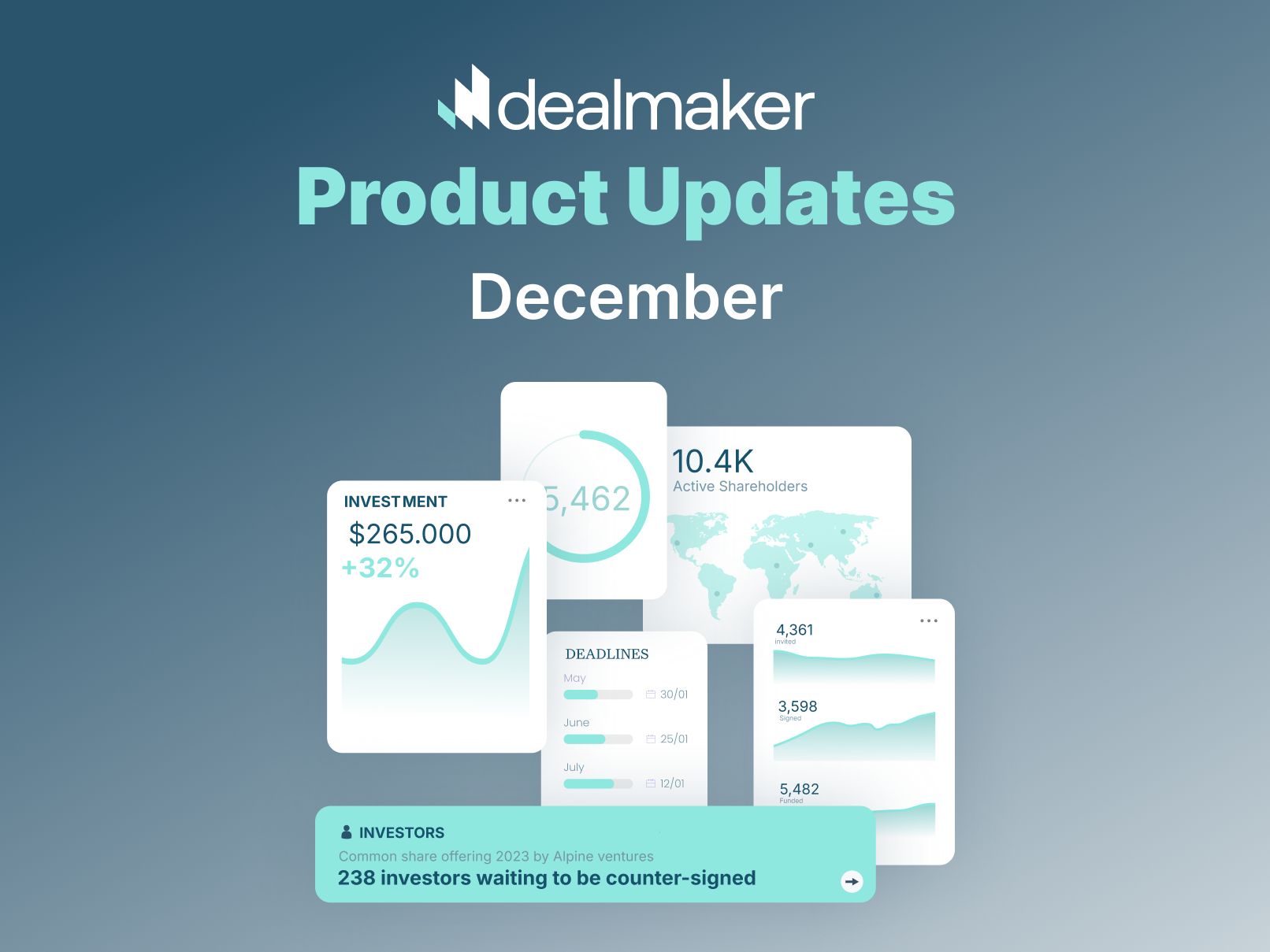

.png)
